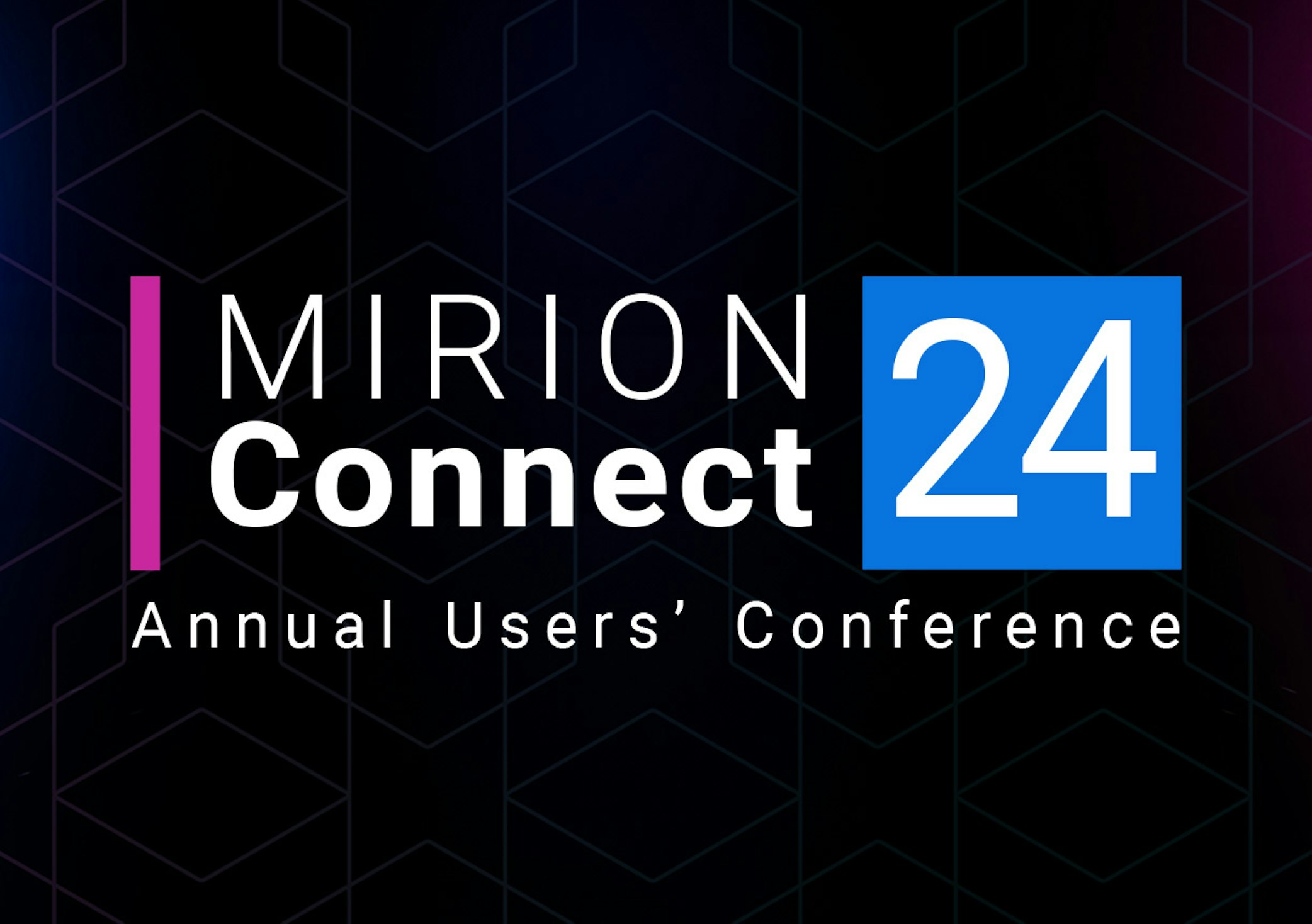This 4-day course focuses on the Apex-Gamma™ “Lab Productivity Suite” software setup, database interactions, and automated sample processing operations. Approximately 60% of this course will be presented in lecture format, with the remaining time allocated for hands-on exercises and discussion. The training will cover: architecture of the Apex-Gamma environment, interactions with Genie™ editors and facility database software, installation, operational setups, security, sample counting job streams, reports, QA, data review, and event logging. Discussions will also include the NPP reports option and the supported modifications to standard Apex-Gamma reports. Click link below for full course description
